Essential Cooking Basics Every Home Chef Should Know
The Importance of Mastering Cooking Basics
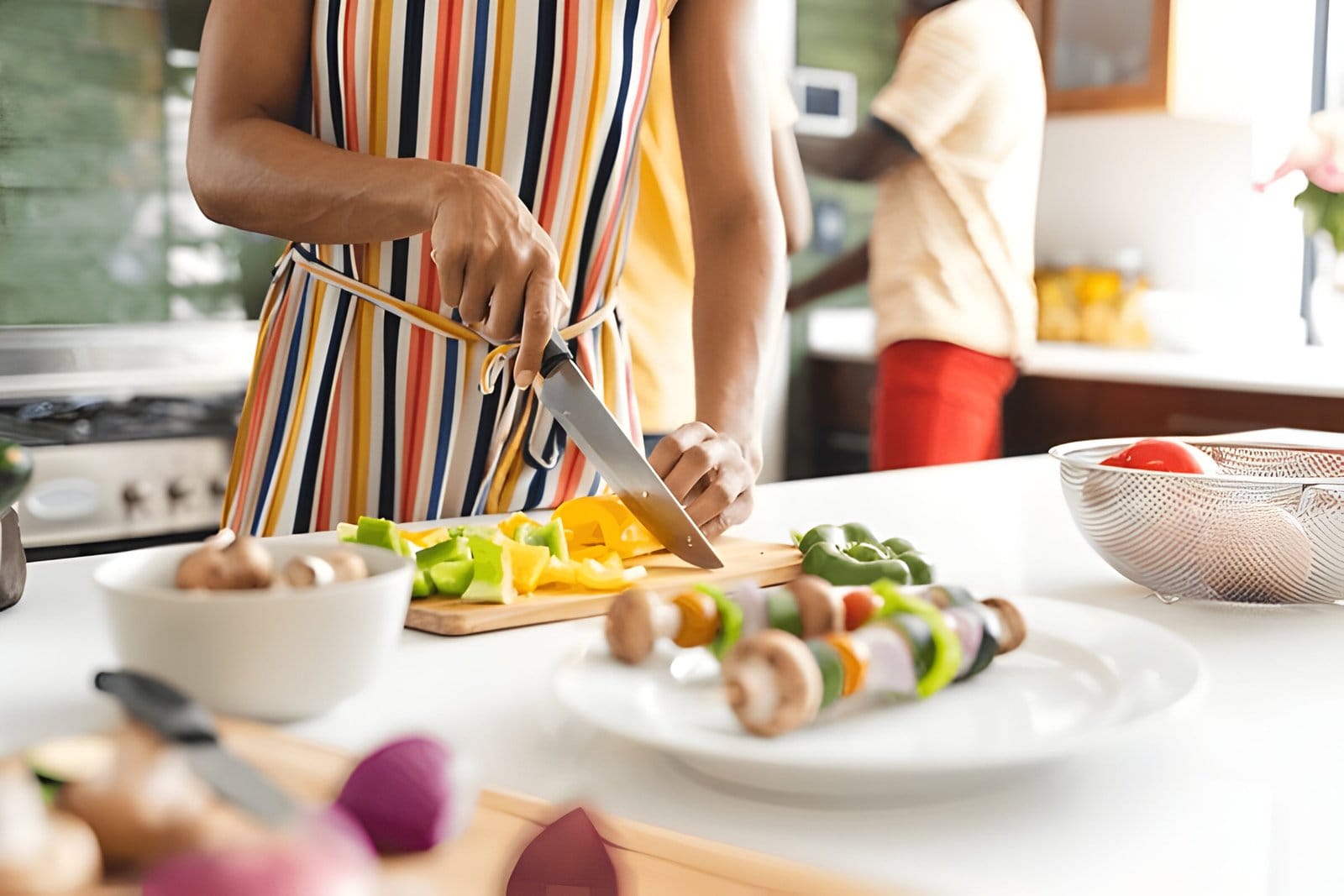
Cooking Basics
Embarking on a culinary journey begins with mastering the fundamental cooking basics. Like a sturdy foundation for a skyscraper, these basics provide stability and structure to your culinary creations. Understanding simple techniques such as chopping, sautéing, and simmering lays the groundwork for more complex recipes.
By honing your skills in basic cooking methods, you not only gain confidence in the kitchen but also unleash your creativity. Just as an artist must learn to sketch before painting a masterpiece, mastering cooking basics allows you to experiment with flavors and textures to craft delicious dishes that delight both your palate and those of others.
Stocking Your Kitchen with Essential Ingredients
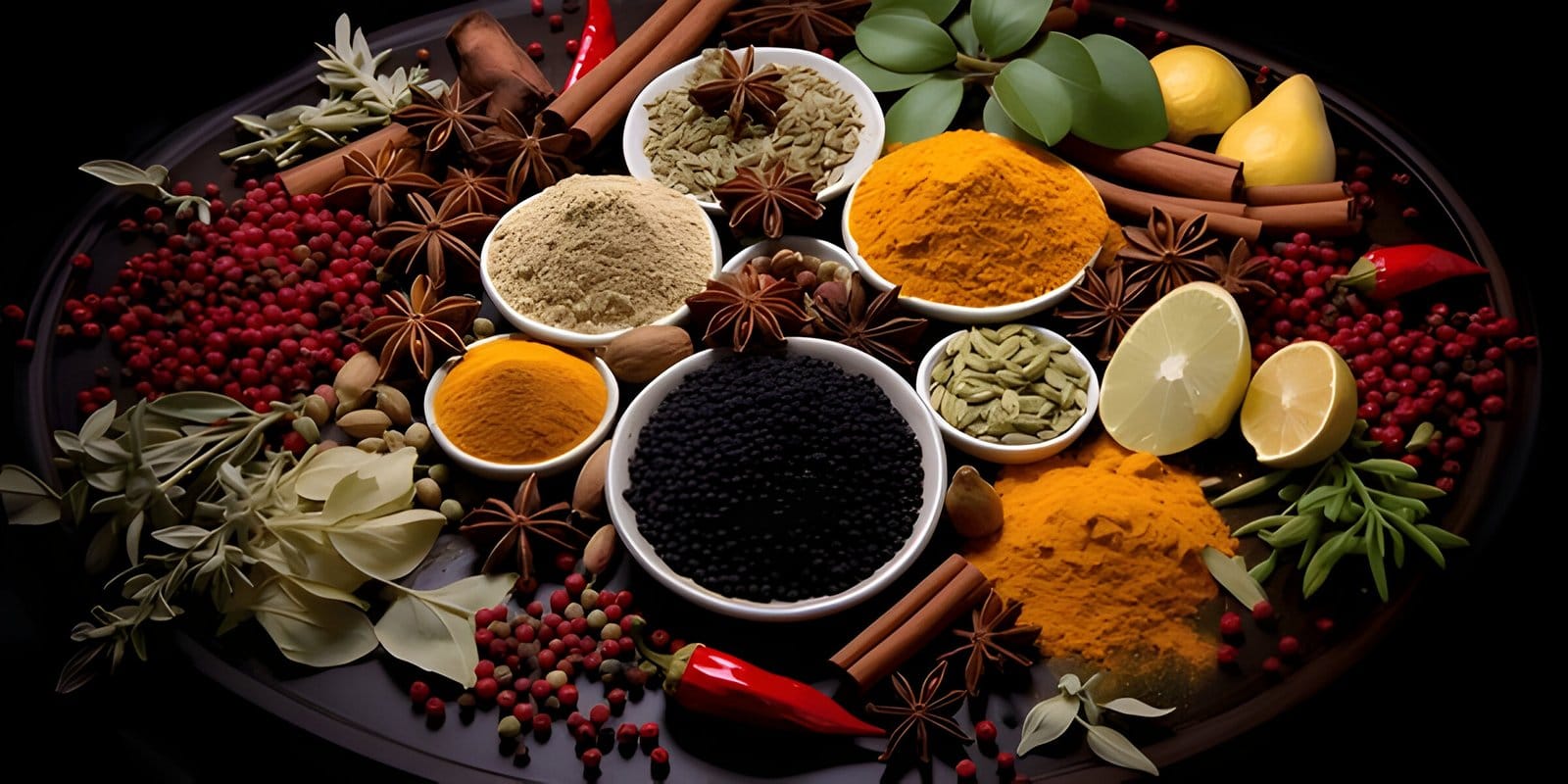
Building a well-stocked kitchen is the foundation of successful cooking endeavors. Begin by ensuring your pantry is equipped with staple ingredients like olive oil, salt, pepper, herbs, and spices. These basic items serve as the building blocks for flavor in a wide range of dishes.
Don’t forget to stock up on essential fresh ingredients as well, such as garlic, onions, lemons, and a variety of fruits and vegetables. Opt for quality ingredients whenever possible to elevate the taste of your meals. By having a well-rounded selection of essential ingredients at your disposal, you will be prepared to create culinary masterpieces with ease and confidence.
Must-Have Kitchen Tools for Home Chefs
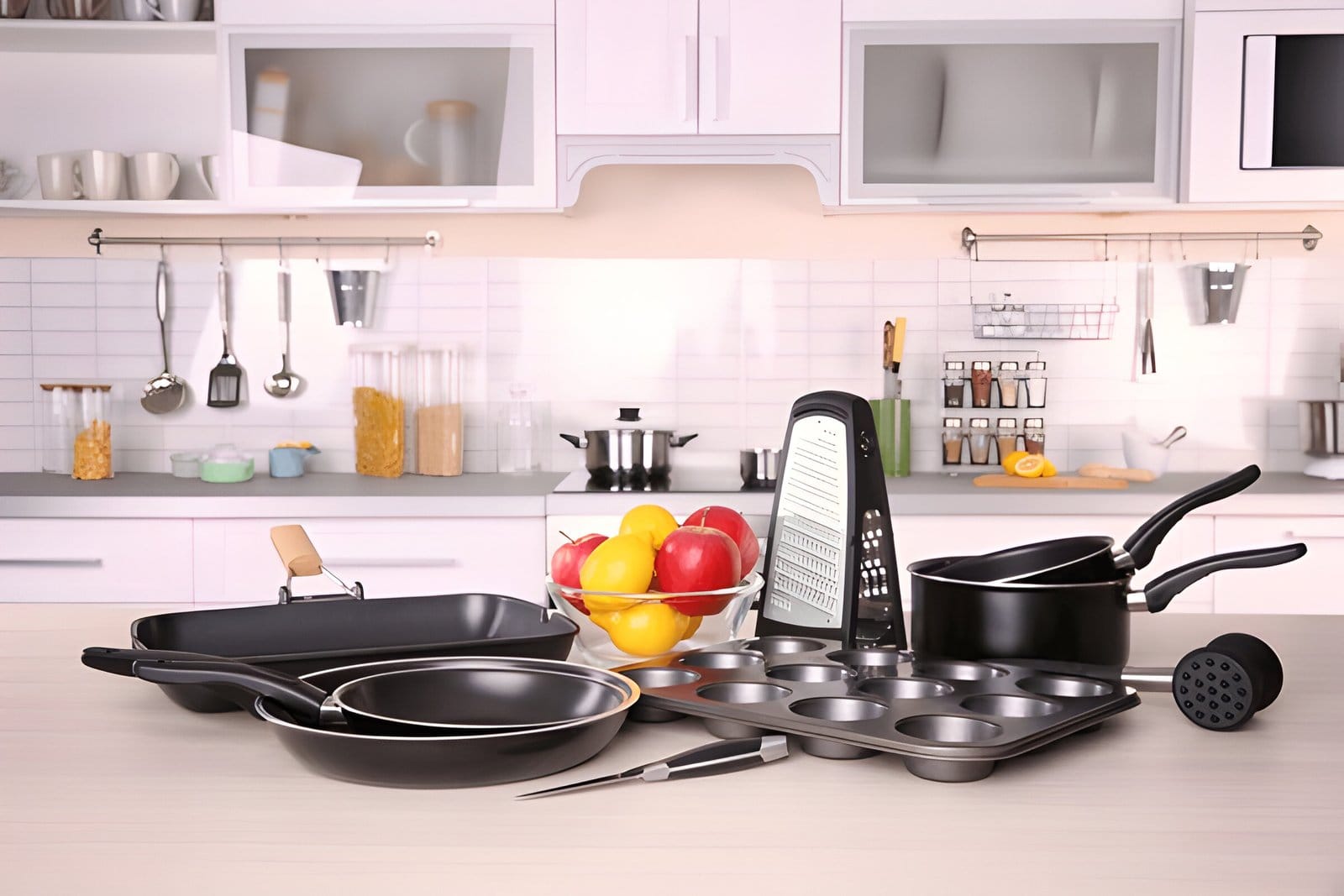
Equipping your kitchen with the right tools is essential for any aspiring home chef. Invest in high-quality knives, including a chef’s knife, paring knife, and serrated knife, to tackle a variety of cutting tasks with precision and ease. A sturdy cutting board made of wood or plastic will protect your countertops while providing a stable surface for chopping and slicing.
Additionally, make sure to have essential cookware such as a set of pots and pans in various sizes, a non-stick skillet for easy cooking and cleaning, and baking sheets for roasting vegetables or baking delicious treats. Utensils like spatulas, tongs, whisks, and measuring cups and spoons are indispensable for cooking success. With the right tools at your disposal, you’ll be well-equipped to create culinary masterpieces in the comfort of your own kitchen.
Simple and Delicious Recipes for Beginners
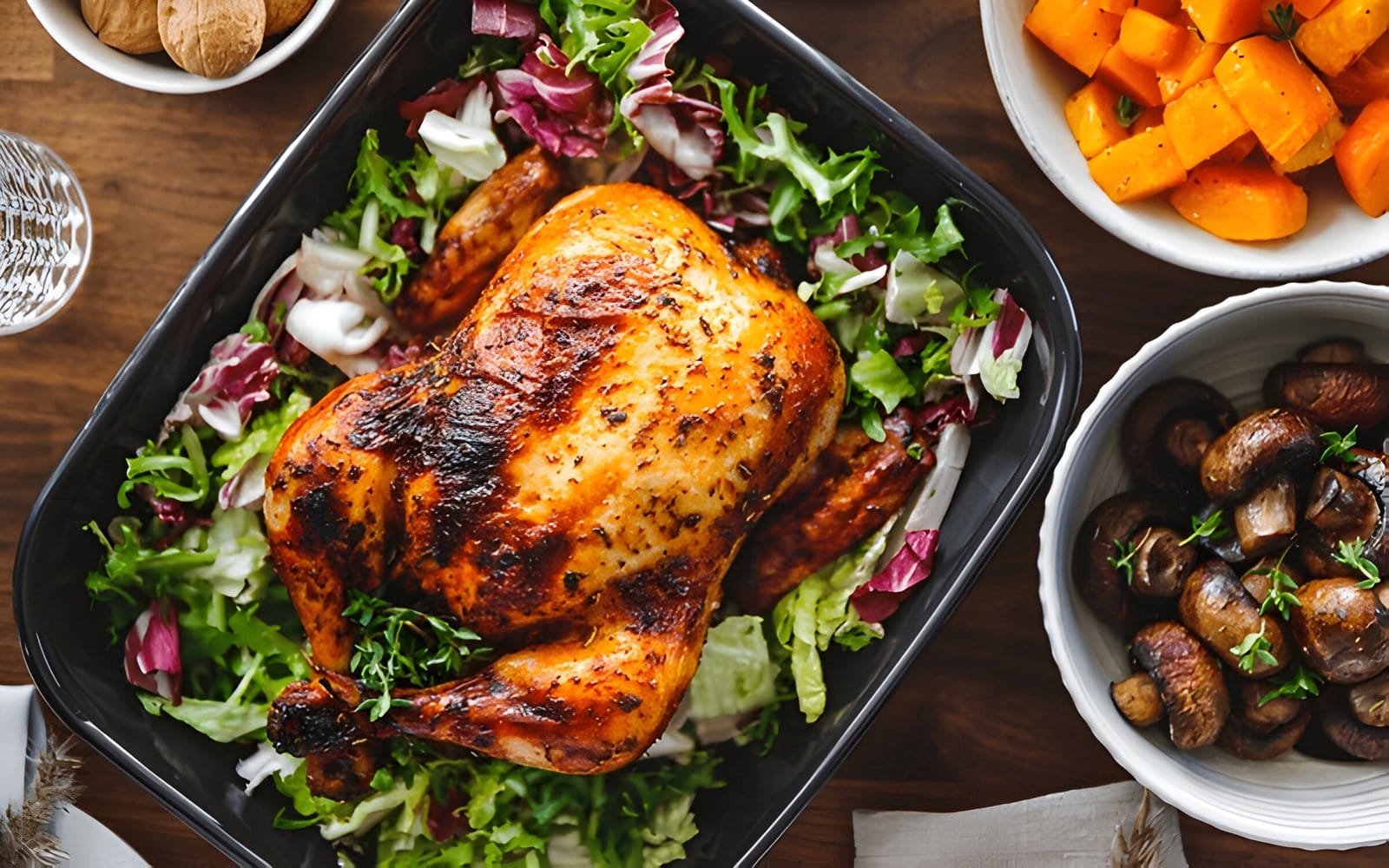
Embarking on your culinary journey as a home chef can be both exciting and daunting. To ease into the world of cooking, start with simple yet scrumptious recipes that require minimal ingredients and preparation time. One delightful option is a classic spaghetti aglio e olio – pasta tossed in garlic-infused olive oil, sprinkled with red pepper flakes, and finished with fresh parsley. This dish not only tantalizes the taste buds but also boosts your confidence in the kitchen.
Another beginner-friendly recipe to try is a basic roasted chicken with herbs. Rubbing a whole chicken with a blend of olive oil, salt, pepper, and herbs like rosemary and thyme before roasting creates a flavorful and tender main course that is sure to impress family and friends. These straightforward recipes serve as stepping stones towards culinary mastery while providing immense satisfaction in creating delicious meals from scratch.
Understanding Basic Cooking Techniques
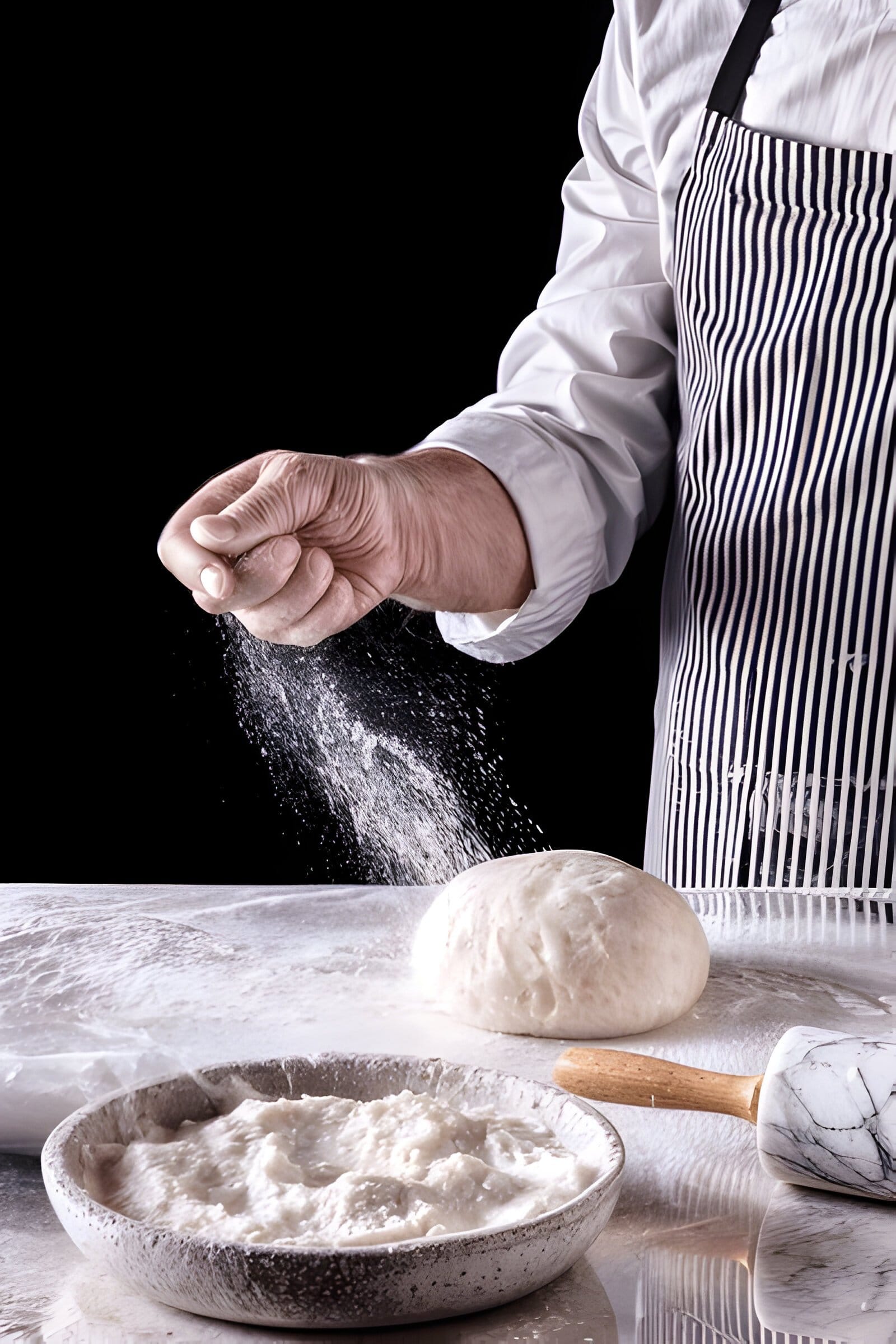
Cooking techniques form the foundation of creating delicious meals. Sauteing involves cooking food quickly over high heat in oil or butter, resulting in caramelization and intense flavors. Braising, on the other hand, is a slow-cooking method that involves searing then simmering food in liquid, perfect for tenderizing tougher cuts of meat.
Grilling is a popular technique that imparts smoky flavors and beautiful grill marks to food. Understanding how to control heat zones on the grill is crucial for perfectly cooked dishes. Roasting involves cooking food in an oven at high temperatures, creating a crispy exterior while maintaining a juicy interior – a technique that can elevate vegetables to star status on your plate.
Essential Skills Every Cook Should Learn
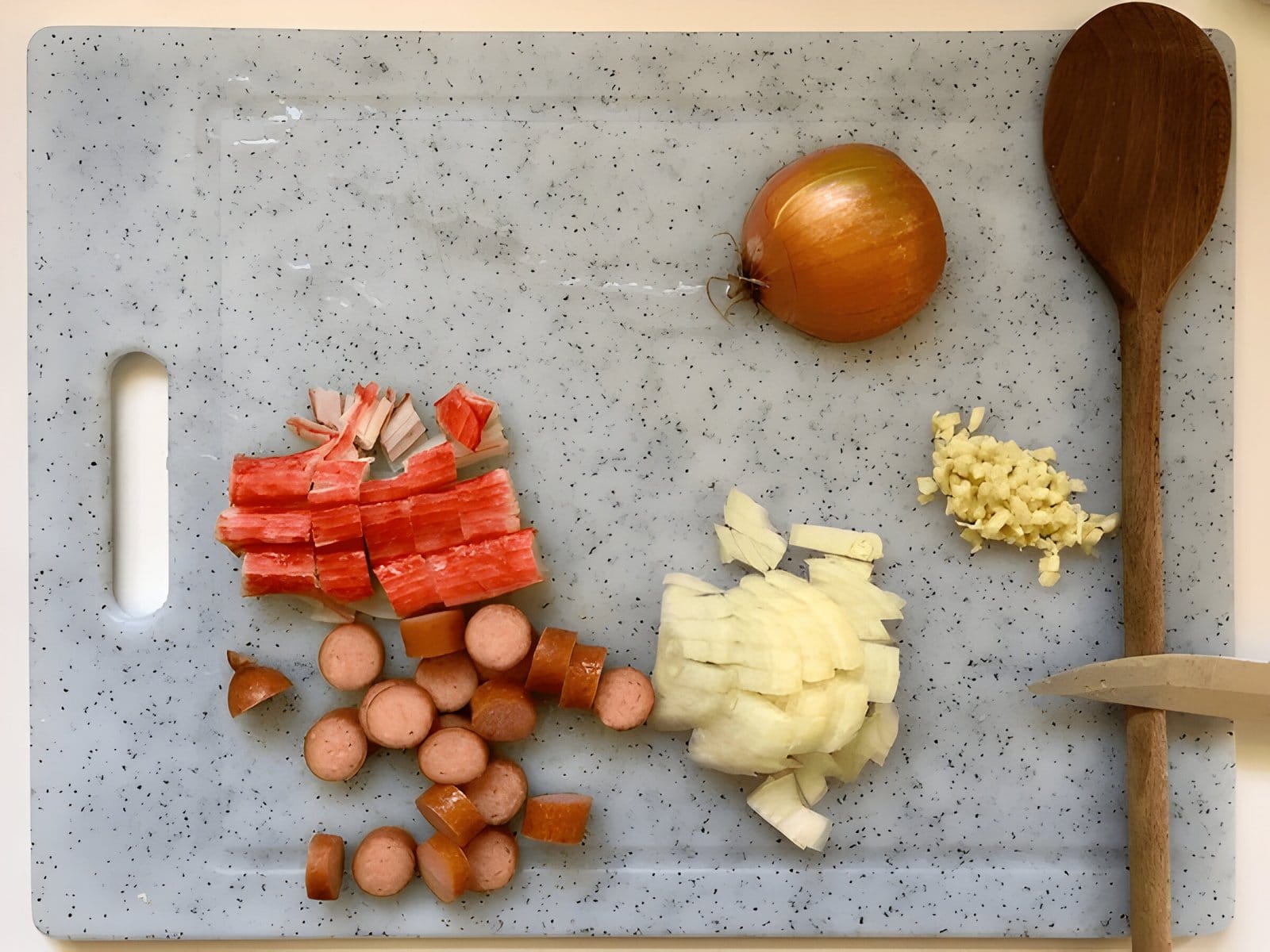
Cooking is an art that requires a myriad of skills to master. One crucial skill every cook should learn is knife skills. From dicing to julienning, knowing how to properly handle and use a knife not only enhances efficiency in the kitchen but also ensures safety. Practice makes perfect, so dedicate time to honing this fundamental skill.
Another essential skill for any aspiring home chef is mastering the art of seasoning. Understanding how different seasonings and spices complement each other can elevate your dishes from ordinary to extraordinary. Experiment with various herbs, spices, and flavor profiles to develop your palate and create harmonious culinary creations that delight the senses.
Mastering Meal Preparation for Efficiency
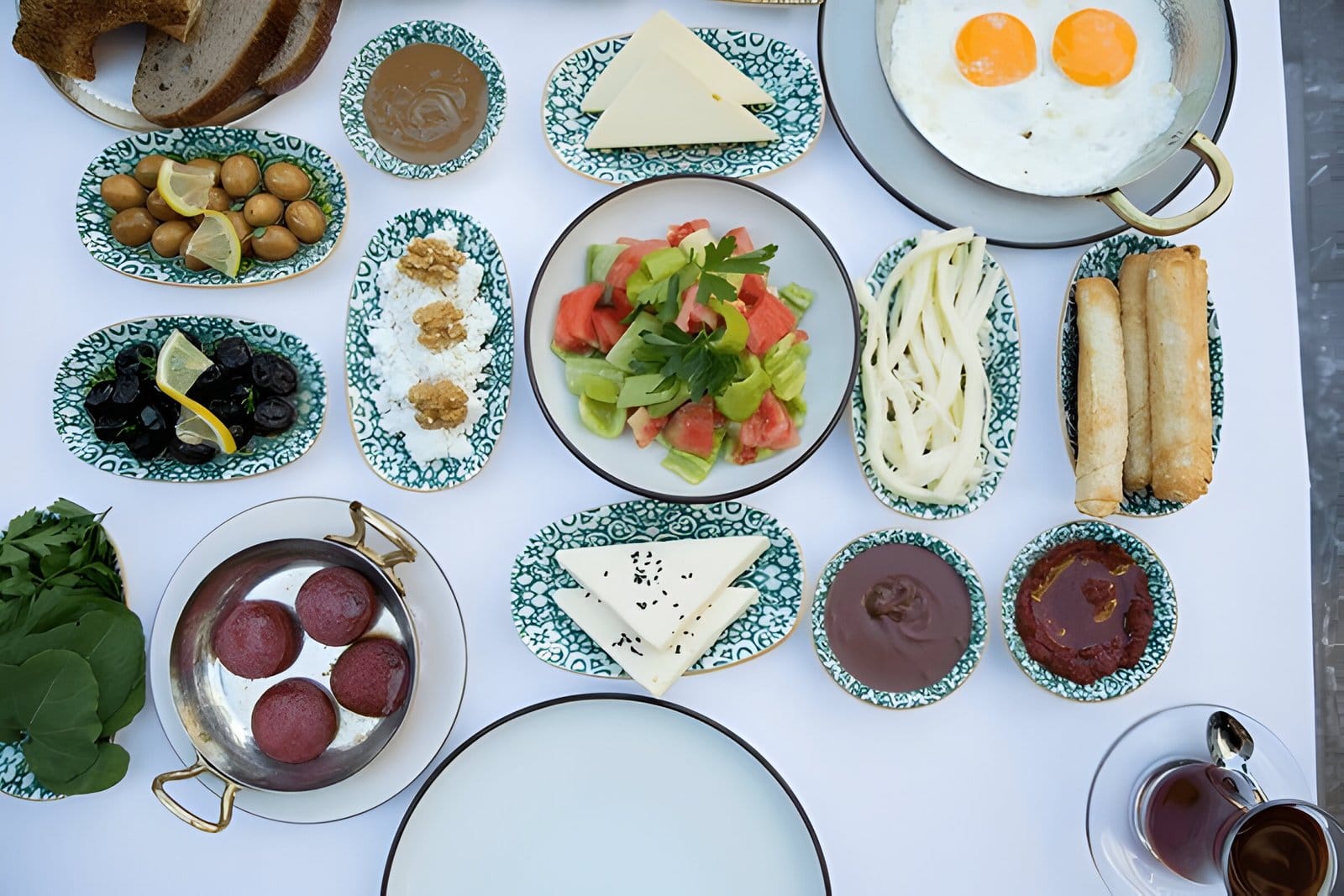
Efficient meal preparation is the cornerstone of a well-functioning kitchen. To maximize efficiency, start by planning your meals for the week ahead. Create a detailed menu, make a shopping list, and prep ingredients in advance. Chopping vegetables, marinating meats, and organizing spices can save you precious time during busy weekdays.
Utilize time-saving kitchen gadgets like slow cookers or pressure cookers to streamline the cooking process. Batch cooking is also a great way to save time – prepare large quantities of staple foods like grains or proteins and portion them out for future meals. With proper meal preparation techniques, you’ll not only save time but also enjoy the satisfaction of consistently having delicious meals ready to enjoy.
Tips for Successful Meal Planning
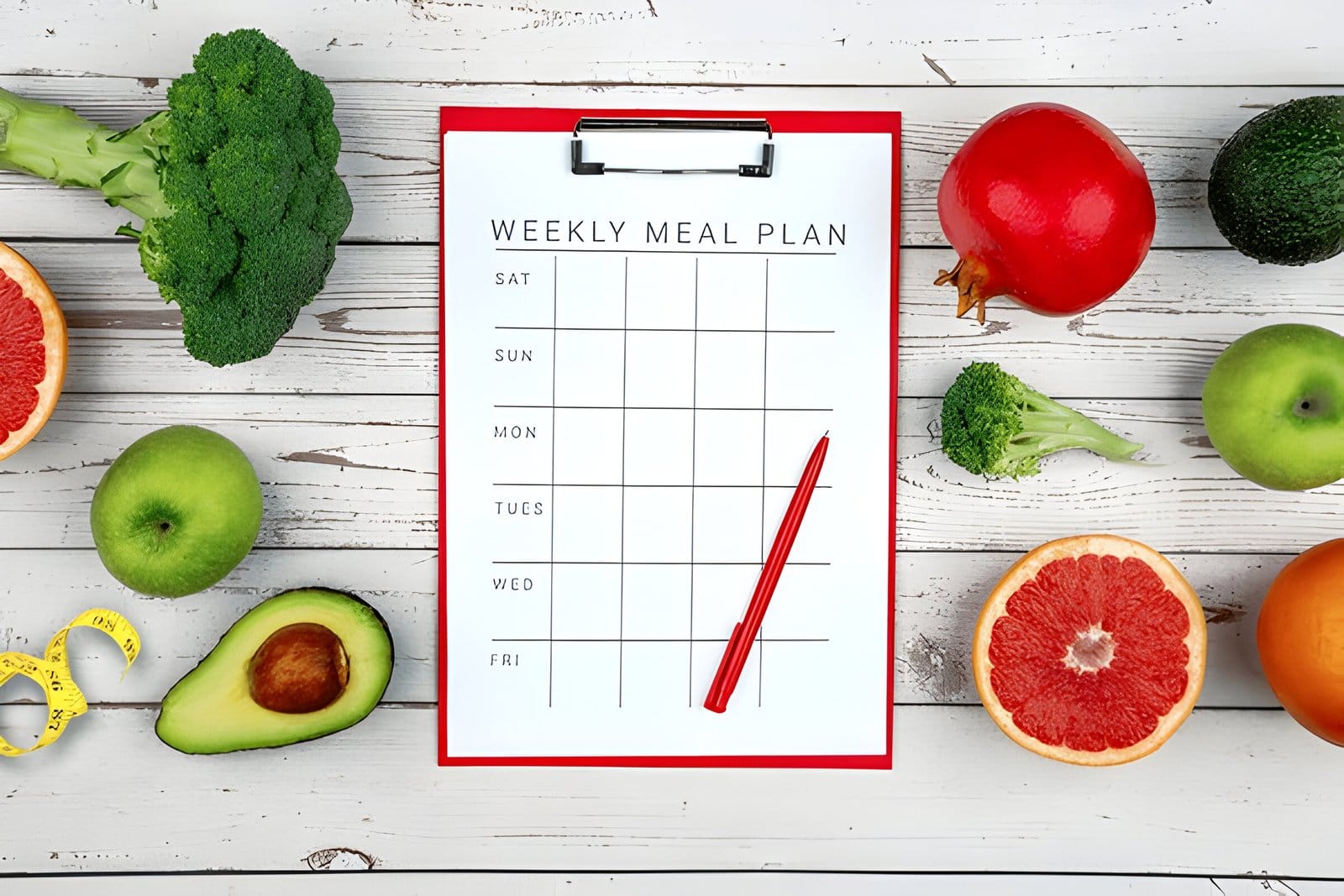
Meal planning is a crucial aspect of efficient cooking and can save you time, money, and stress in the kitchen. Initiate the process by developing a weekly meal schedule that encompasses a range of recipes to maintain interest.. Consider your schedule when planning meals and opt for simpler dishes on busy days.
Make a detailed shopping list based on your meal plan to avoid unnecessary trips to the grocery store. Prep ingredients in advance, such as washing and chopping vegetables or marinating meats, to streamline the cooking process during the week. Stay flexible with your meal plan and don’t be afraid to switch things up if needed – adaptability is key to successful meal planning!
Elevating Your Dishes with Flavourful Seasonings
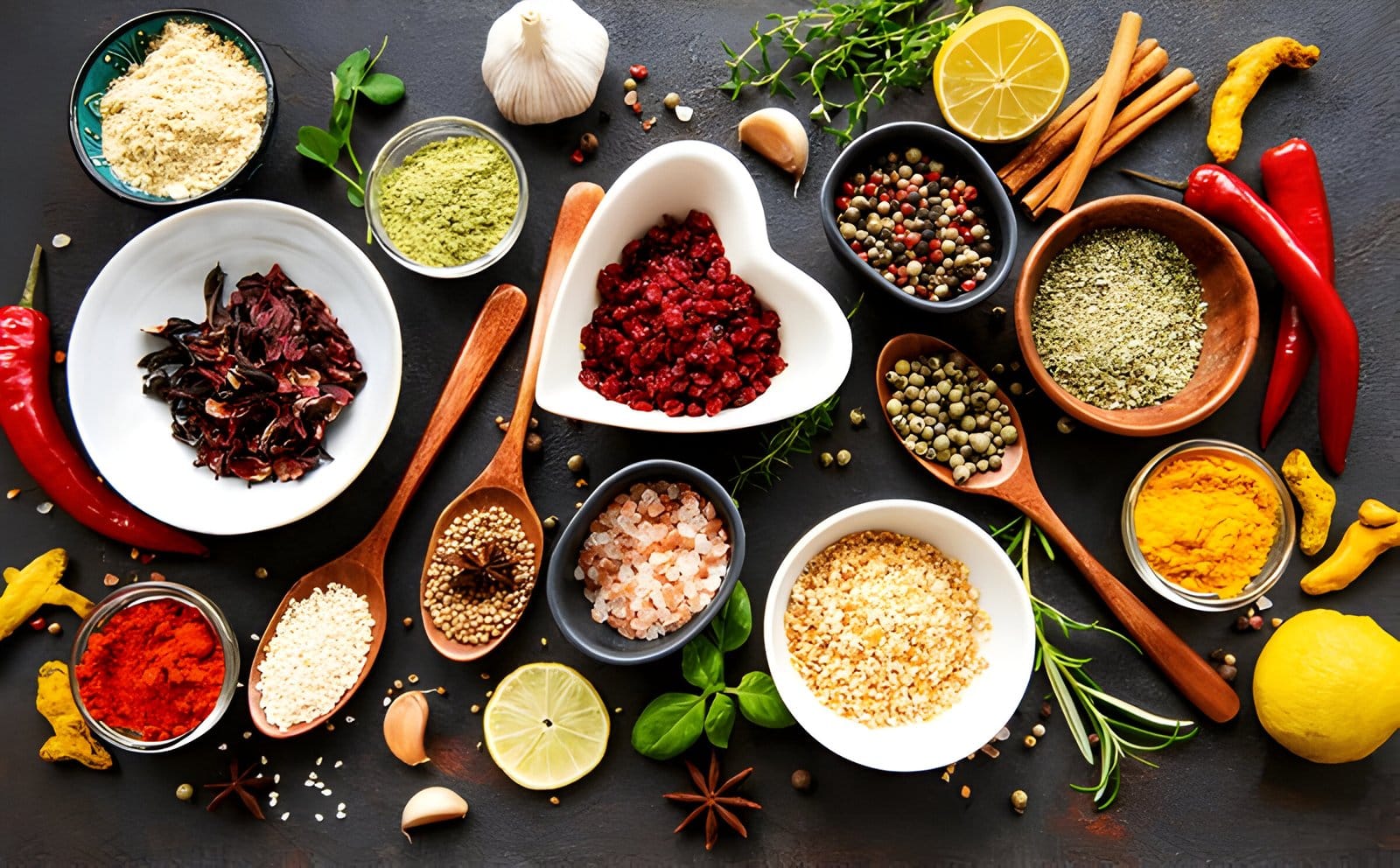
Seasonings play a crucial role in transforming ordinary dishes into extraordinary culinary creations. Experimenting with a variety of herbs, spices, and condiments can take your cooking to new heights. For a burst of freshness, try incorporating fragrant herbs like basil, cilantro, or mint into your dishes. Enhance the depth of flavor with warm spices such as cumin, paprika, or cinnamon. Don’t shy away from bold flavors like garlic, ginger, or chili peppers to add an exciting kick to your meals.
Conclusion
As we come to the end of our culinary journey exploring the essential cooking basics every home chef should know, it is clear that the kitchen is not merely a place for preparing food, but a space for creativity, exploration, and nourishment. Remember that practice makes perfect, and with each dish you create, you are honing your skills and expanding your culinary repertoire.
Embrace the joy of cooking as a form of self-expression and a way to connect with others through shared meals. Whether you are just starting out on your culinary adventure or looking to refine your techniques, always approach cooking with curiosity and a willingness to learn. The world of food is vast and ever-evolving, so continue to experiment, innovate, and savor the delicious results of your efforts.

